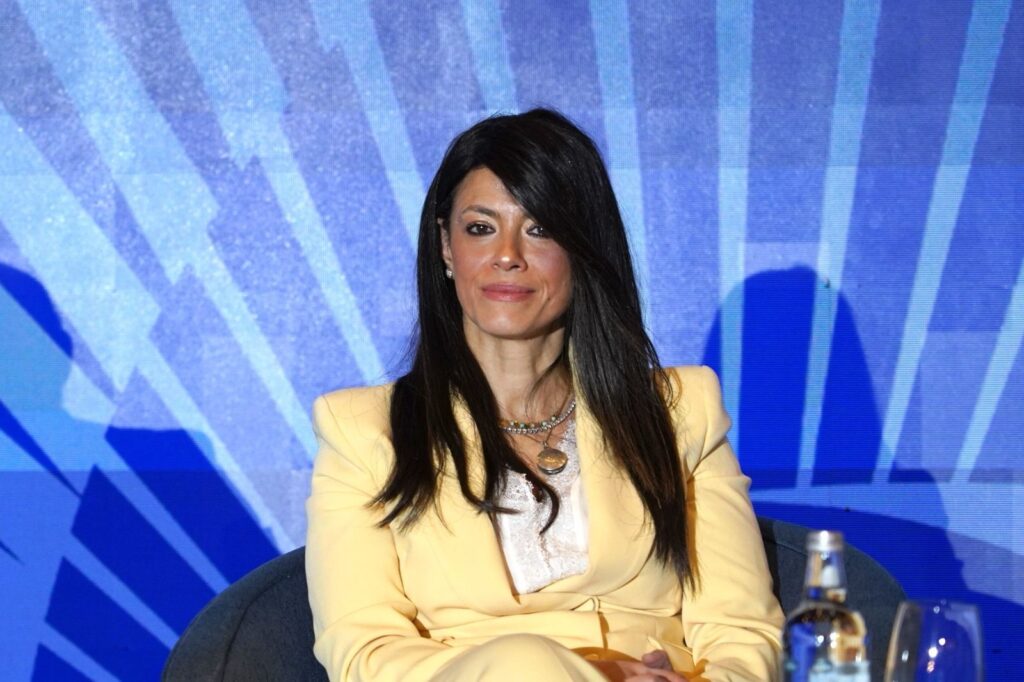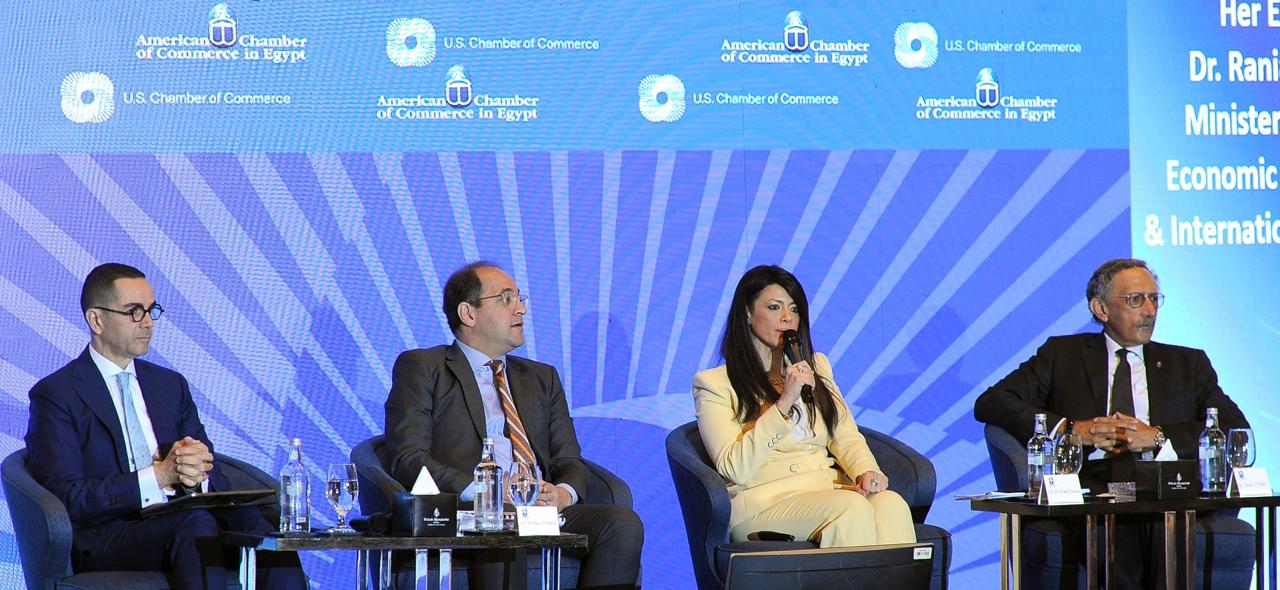In a major move to simplify business operations and attract foreign investment, Egypt is launching its first electronic one-stop licensing platform this week to unify and digitize business registration procedures, according to Minister of Investment and Foreign Trade Hassan El Khatib at the U.S.-Egypt Policy Leaders Forum, hosted by the American Chamber of Commerce in Egypt on May 25.
Boosting investments
“This platform, for the first time, is actually a manifestation of the one-stop shop,” El Khatib said, signaling the government’s determination to cut red tape and streamline the investment process.
As part of broader efforts to liberalize trade and boost foreign direct investment, El Khatib also revealed reforms to open Egypt’s automotive market to U.S. standards, making it easier to import American cars and parts. “We see Egypt as a very competitive destination today, and with trade openness, we can open a lot of markets—especially with our trade agreements in place,” he said.

To further facilitate U.S. investment, Egypt will establish a dedicated U.S. Investment Unit within the General Authority for Investment to accelerate and support American projects. “Because of the important relationship and the strategic nature of U.S. investment, we decided to have a dedicated investment unit to facilitate and accelerate U.S. investments in Egypt and address their unique needs,” El Khatib added.
Open for business
The forum also featured Minister of Planning and Economic Development Rania Al-Mashat and Minister of Finance Ahmed Kouchouk, who joined El Khatib in presenting a unified vision for Egypt’s economic growth. Their message to U.S. investors was clear: Egypt is open for business and actively seeking strategic partnerships.
Minister Al-Mashat highlighted Egypt’s skilled workforce, infrastructure transformation, and shift toward a more export-driven, tradable economy. “Egypt offers a very important distinction compared to other countries in the region—a diversified economy, a broad industrial base,” she said.
She pointed to emerging sectors such as the digital economy, green energy, and logistics as pillars of the country’s transformation. “We’re moving from an economy based on non-tradable sectors to tradable sectors—more industry and more exports—because that’s where the productivity is,” Al-Mashat explained.

Al-Mashat noted strong growth in non-petroleum manufacturing and tourism (both expanding at 18%), as well as in ICT and transportation (around 10%), supported by structural reforms focusing on macroeconomic resilience, competitiveness, and sustainability. “For Egypt, the green transition is an investment, employment, and export opportunity,” she said.
Building trust
Finance Minister Ahmed Kouchouk outlined Egypt’s approach to maintaining fiscal discipline while fostering growth, reporting a 40% increase in tax revenues without raising rates. “We simplified, we reduced the burden, and we started a new chapter—a new relation where we want to bring back trust,” Kouchouk said.

He reaffirmed Egypt’s commitment to a balanced policy that supports social protection and economic activity while maintaining financial discipline.
Echoing these themes, El Khatib addressed the need to eliminate bureaucratic inefficiencies, citing the recent removal of two longstanding levies: the 1% training and qualifying fund tax and the social solidarity contribution. These steps are part of a larger effort to improve Egypt’s investment climate and reduce hidden costs on businesses.
“Nearshoring is a reality. Supply chain shifts are a reality,” El Khatib said. “This is part of the menu offered to the companies that operate in Egypt.” With sweeping reforms, strategic positioning, and a focus on investor facilitation, Egypt is positioning itself as a preferred destination for American investment and a regional trade hub.




